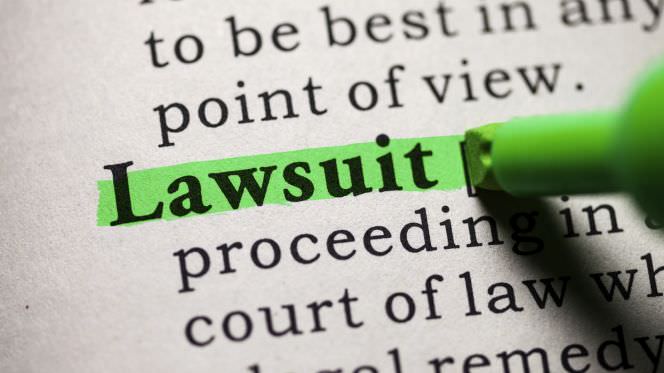The lawsuits, each filed by individual artists in a US federal court in Los Angeles, ask a judge to create a class-action suit in which other alleged victims can collectively seek damages.
The latest lawsuit was filed Friday by Melissa Ferrick, the Massachusetts-based indie folk singer who teaches at the prestigious Berklee College of Music and rose to prominence as Morrissey’s last-minute opening act on his 1991 tour.
Ferrick accused Spotify, which boasts of providing a massive selection of on-demand music, of failing to inform copyright owners when it created phonorecords, the files used to provide the instant music online.
Ferrick charged that the Swedish company, not wanting to delay its growth including its US launch in 2011, took “a now familiar strategy for many digital music services — infringe now, apologize later.”
“Spotify chose expediency over licenses. Thus, while Spotify has profited handsomely from the music that its sells to its subscribers, the owners of that music (in particular, songwriters and their music publishers) have not been able to share in that success because Spotify is using their music for free,” the lawsuit said.
Ferrick said that her songs have been streamed or temporarily downloaded one million times in the past three years over Spotify but said the company did not license them as required.
Ferrick’s lawsuit sought at least $200 million on behalf of copyright holders from Spotify, a private company which says it has more than 75 million users and has been valued at $8 billion.
Spotify was hit in late December by another lawsuit seeking a class-action suit filed by David Lowery, the leader of alternative rock bands Cracker and Camper Van Beethoven who is also an academic.
Lowery, whose lawsuit sought at least $150 million, also accused Spotify of failing to seek permission for copying or distributing songs.
His lawsuit had a slightly different argument, accusing Spotify of ignoring mechanical rights — the permission to reproduce copyrighted material.
In response to Lowery’s lawsuit, Spotify said it was trying to compensate every rights holder but that data was often missing.
Story continues below…
“We are committed to paying songwriters and publishers every penny,” Spotify spokesman Jonathan Prince said at the time.
Spotify says it has paid back $3 billion to music-makers, has set aside money for future payouts and is working to find technical solutions to avoid future problems.
Streaming, both on Spotify and competing services such as Apple Music and Tidal, has been rapidly growing and contributed to a net rise in music consumption in the United States last year.
Source: www.thelocal.se




